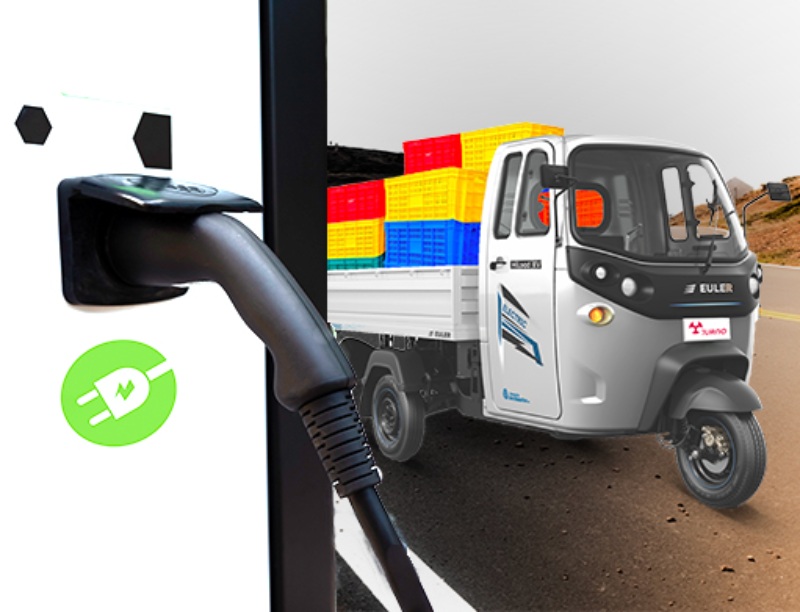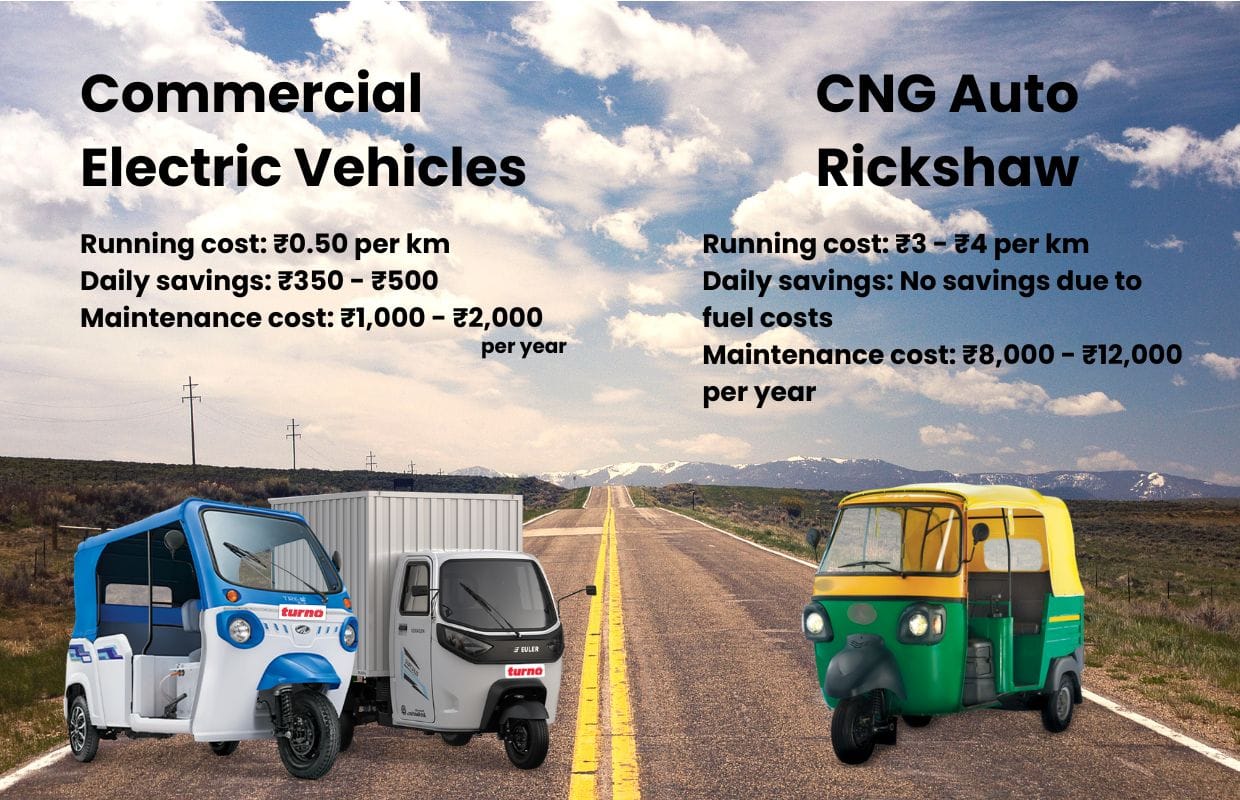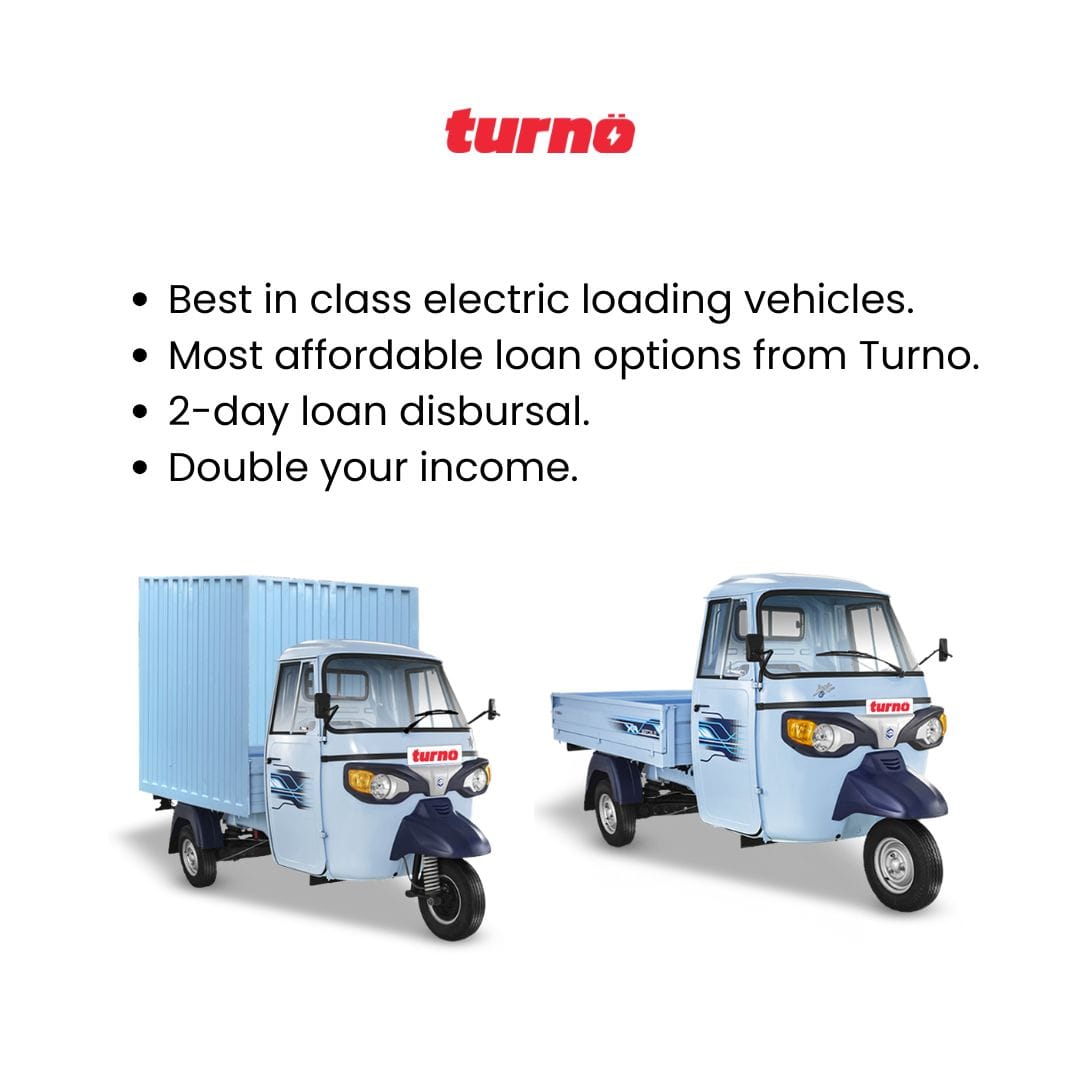Electric vehicles (EVs) have become the top choice for those who prioritize environmental conservation. While many people want to support EVs, are concerned about charging infrastructure. A reliable and efficient charging infrastructure, especially at home, is much needed for owners of commercial electric three-wheelers, cars, or passenger autos.
The good news is that switching to home charging is accessible and inexpensive. Charging your three-wheeler cargo vehicles is as simple as plugging in a TV or washing machine into a standard 15amp wall socket.
Contents
- Creating Charging Infrastructure at Home
- Identifying Your Charging Needs
- Join the EV community and Talk to Experts
- Investigate Equipment Provider's and Installation Services
- Check Electrical Infrastructure
- Install Charging Equipment
- Connect to the Grid
- Test the Charging Infrastructure
- Safety Considerations
- Regular Maintenance
- Importance of Home Charging
- Charging EVs at Home vs. Charging Stations
- Takeaway
- FAQs:

Creating Charging Infrastructure at Home
Here are a few tips to follow when creating a home charging infrastructure.
Identifying Your Charging Needs
To evaluate the charging capacity and equipment needed for your home setup, consider your daily driving patterns, commute times, and projected future travel needs.
Additionally, think about the charge rates, connectivity, and extra features offered by various charging equipment manufacturers.
Join the EV community and Talk to Experts
Join the EV community and seek guidance from seasoned electric vehicle owners who have already implemented charging infrastructure at home. Consult EV specialists or local EV organizations and explore other internet forums to gather as much information as you can.
Engaging with the EV community will help you get insight into their experiences, comprehend future difficulties, and find useful advice and suggestions.
Investigate Equipment Provider's and Installation Services
Investigate all the options for charging equipment in-depth, taking into account aspects like dependability, compatibility with your electric vehicle, warranty coverage, and user reviews.
Check Electrical Infrastructure
Assess your home's electrical infrastructure to ensure it can support the charging equipment. If necessary, consult with a qualified electrician to upgrade the wiring or install a dedicated circuit.
Install Charging Equipment
Follow the manufacturer's guidelines for installing the charging equipment. If you're not familiar with electrical work, it's recommended to hire a licensed electrician for the installation to ensure compliance with safety standards.
Connect to the Grid
Ensure that the charging equipment is connected to your home's electrical grid correctly. This may involve working with the local utility company to establish a connection.
Test the Charging Infrastructure
After installation, test the charging infrastructure to ensure it is functioning correctly. Verify that the 3-wheeler EV can charge as expected.
Safety Considerations
Adhere to all safety guidelines provided by the charging equipment manufacturer and follow local electrical codes. Ensure the installation is weatherproof and that all components are protected against environmental conditions.
Regular Maintenance
Perform regular maintenance checks on the charging equipment to ensure its continued reliability and safety.
Importance of Home Charging
Here are some important aspects of building a home charging infrastructure that you must know if you are an EV enthusiast.
Convenience
No need to search for public charging stations when you have one at home, especially during peak times. Charge your EV whenever it suits you, even overnight. Home charging means starting your day with a full battery, giving you enough range for daily commutes and unexpected trips.
Optimize Your Electric Vehicle's Daily Utility
You can maximize the everyday utility of your electric vehicle by installing a home charging infrastructure. You can benefit from off-peak electricity rates, which are often less expensive than peak rates, resulting in potential cost savings.
Furthermore, with a reliable home charging infrastructure, you can confidently plan and undertake longer trips without worrying about running out of battery power. This is because you can recharge your battery at home before departing.
Charging EVs at Home vs. Charging Stations
Parameters | Charging at Home | Public Charging Stations |
Cost | Equipment and installation need a one-time expenditure. | Several public charging stations accept a fee or are free. |
Maintenance and Reliability | The quality of the setup and equipment affects reliability. | Depends on how well the station is maintained and operated. |
Convenience | You can charge your EV whenever you want at home. | The accessibility relies on the occupancy and positioning of the public charging stations. |
Savings and Cost Efficiency | Reduced power prices and potential future savings. | It is not very cost-effective as the rates depend on public charging stations or suppliers. |
Monitoring and Customization | It's possible to keep track of energy usage and charge progress. You can modify the charging infrastructure at home according to your needs. | It's possible to keep track of energy usage and charging progress. No chances of modification. |
Accessibility | You have exclusive access. | Availability may be limited, especially during peak hours. |
Takeaway
It is a wise and progressive move to invest in a home charging infrastructure for your electric vehicle. It ensures that your vehicle is always prepared for everyday commutes and longer trips while also offering convenience and peace of mind from having a dependable and convenient charging solution.
You can ensure a seamless and effective transition to an electrified lifestyle by being aware of your charging needs, doing your research on tools and installation services, and talking to professionals and other EV drivers.
To check out more about electric three-wheelers, visit Turno.

FAQs:
1. What do I need for charging my EV at home in India?
Ans: You'll need a special charger, a plug for your vehicle, and a separate electric socket. Make sure a professional sets it up.
2. Can my home handle EV charging?
Ans: Ask an electrician to check if your home's electricity can handle charging. They'll make sure it's safe for your appliances.
3. How do I charge my EV safely at home?
Ans: Use an EV charging socket that follows safety rules, and have it set up by a professional. Get one with protection from power surges to be extra safe.
4. Can I control how much electricity my electric vehicle charger uses?
Ans: Choose an electric vehicle charger that you can control with your phone. This way, you can decide when it charges, saving you money and energy.
5. Can we charge electric three-wheeler vehicles using any charger?
Ans: No, Using the charger provided by the electric three-wheeler vehicle manufacturer is crucial; using an unauthorized or incorrect charger can potentially damage your battery. Always adhere to the manufacturer's recommendations for charging your EV.



